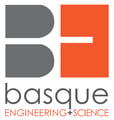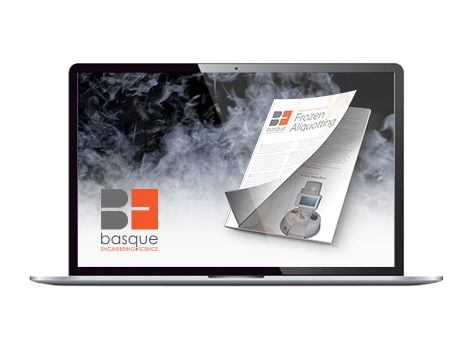
Preserving Your Research with Frozen Aliquotting
What is the Solution to Freeze/Thaw Cycles?


Scientific progress relies on a continuous cycle of questions and answers. This cycle of questions and answers is fueled by data, from which researchers make their interpretations and derive their answers. Scientists must be able to trust their data, so that they can trust their answers.
Because living tissues—including their protein, genetic, and molecular components—degrade when removed from their natural environments, life scientists commonly freeze samples to preserve them for future manipulation and experimentation. Using frozen samples requires scientists to thaw them to a point where they can be manipulated. They often re-freeze leftover samples for further storage, creating a “freeze/thaw cycle.” These cycles can be highly destructive to sample integrity.
Download this application note to learn about how the frozen aliquotting technique:
- Enables researchers to extract small portions of a larger sample without thawing or manipulating it
- Increases sample access without manipulation, degradation, and elevated risk of contamination
- Can be applied across a wide range of research areas, including microbiome research, molecular pathology, bioanalysis, and biobanking